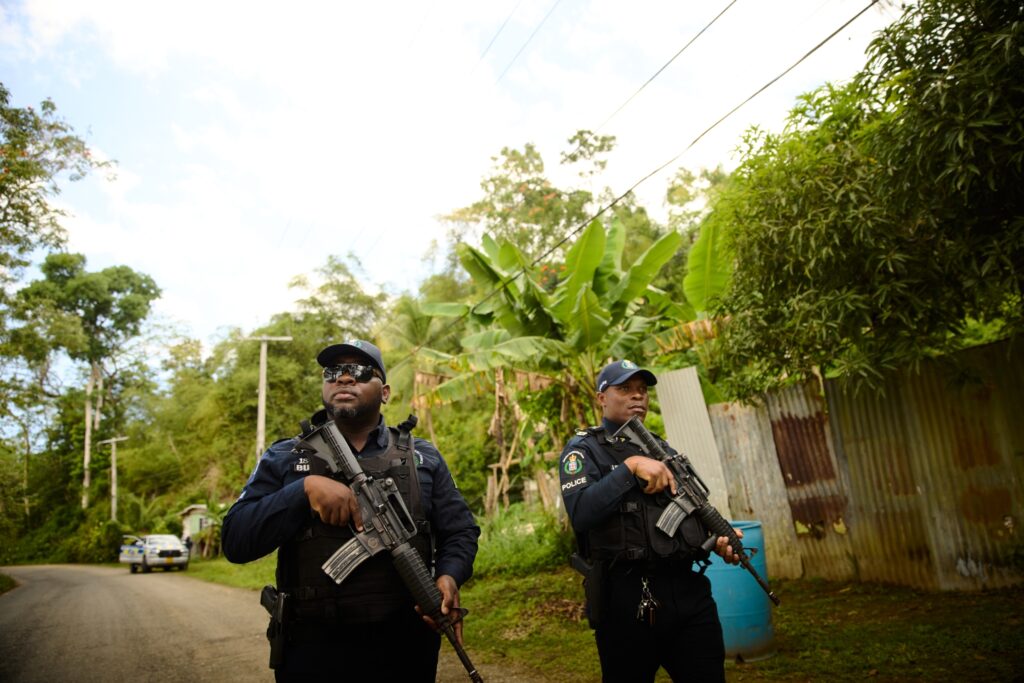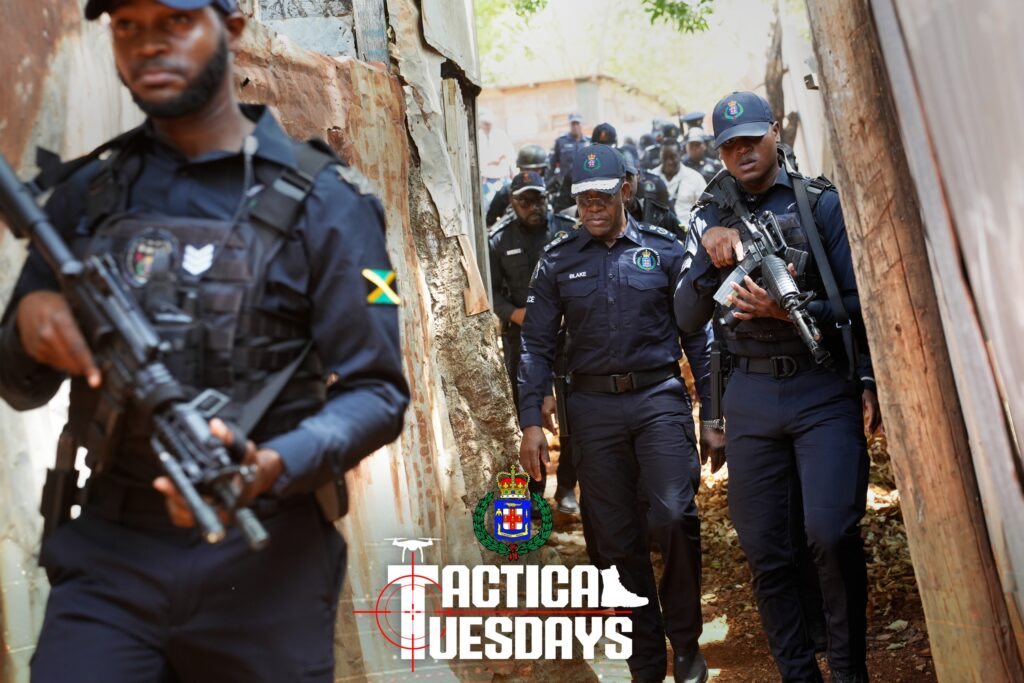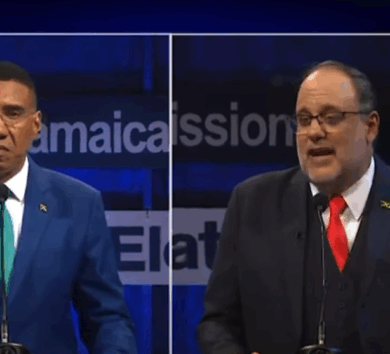

In a climate of rising public scrutiny and polarised discourse, it takes institutional maturity to confront difficult issues with unflinching transparency.
Police Commissioner Dr Kevin Blake, in his most recent weekly address to the members in the Force
Orders, has done just that.
With the full weight of leadership behind his words, he pulled one of the organisation’s most sensitive issues, use of force, into the centre of national reflection. Not to defend. Not to deflect. But to demand a more honest, evidence-based conversation.
For decades, the Jamaican public has debated police-involved fatalities, often animated by emotion and distrust. But rarely has a sitting commissioner engaged the issue so directly, opening a necessary space between accountability and assumption.

At the heart of his message is a reaffirmation of principle: “Any loss of life, especially in the context of police action, must be subject to serious and independent review. And let me be abundantly clear, this High Command fully embraces this.”
There is no hedging here. The JCF does not seek to operate behind closed doors or above scrutiny. It embraces oversight because, as Blake suggests, integrity is not weakened by inspection; it is confirmed by it.
Importantly, the commissioner brings data into the discussion, which seems to be absent from the discourse. Between 2020 and April 2025, there were 686 fatal encounters involving police, resulting in 770 deaths. These are sobering numbers by any metric. Yet only eight cases—just 1.1 per cent—have led to criminal charges.
“This is not in defence of any wrongdoing,” he writes. “However, the facts must be shared with the public without an effort to try and cloud the situation to shape a perspective that supports one’s agenda.”

This is a crucial point. Policymaking and public sentiment should never be fuelled by anecdote or distortion. The rule of law must be protected not only by police conduct but also by the accuracy of how that conduct is reported and interpreted.
This need for clarity is what makes his critique of a recent Jamaica Gleaner article especially significant.
The piece, he argues, conflated unrelated incidents—including domestic disputes and off-duty misconduct—with operational use-of-force engagements.
“These charges relate to incidents dating as far back as 2020 … By framing them as a contemporary crisis, the article misleads its audience…”
The danger here is more than reputational; it is institutional. Public misunderstanding, fuelled by mischaracterised data, undermines the delicate trust that modern policing must cultivate in democratic societies. When information is reduced to clickbait or selectively framed to fit a crisis narrative, the public loses faith not only in police but in the very mechanisms of justice meant to hold them accountable.
That is why the commissioner’s insistence on balance is not defensive but principled.

“We must also insist on accuracy and integrity in how that oversight is reported… Let no one mistake our
silence for guilt, nor our professionalism for weakness.”
Beneath these words lies a commitment to a professional constabulary that has modernised, retooled, and reoriented itself around principles of rights-based policing. Today’s JCF operates within a multi-layered system of internal audits, external investigations, and operational reviews.
The public that once felt locked out of justice conversations is now an active stakeholder.
“In today’s JCF, we operate under operational audits; internal oversight mechanisms… INDECOM investigations… and a public that is increasingly informed and involved in justice conversations.”
What emerges from the Commissioner’s message is a confident assertion that the JCF is not afraid of the mirror. The JCF is prepared to look and to be looked at. But it will not allow its image to be warped by ‘careless reporting’ or lazy narratives.
This is not to say the work is finished.
Jamaica continues to struggle with high rates of violence, and the relationship between police and public remains fragile in many quarters. But the path forward is clear. It lies in institutional courage, empirical transparency, and a relentless commitment to professional standards.

“We walk a hard road, but we walk it with purpose… stay committed to the values that define who we are as members of the Jamaica Constabulary Force,” the commissioner concluded.
His message is both for the men and women under his command and for a country searching for models of leadership grounded in principle, not posture. There will always be a need for accountability. But accountability must be twinned with accuracy, and reform must be built on truth.






Comments